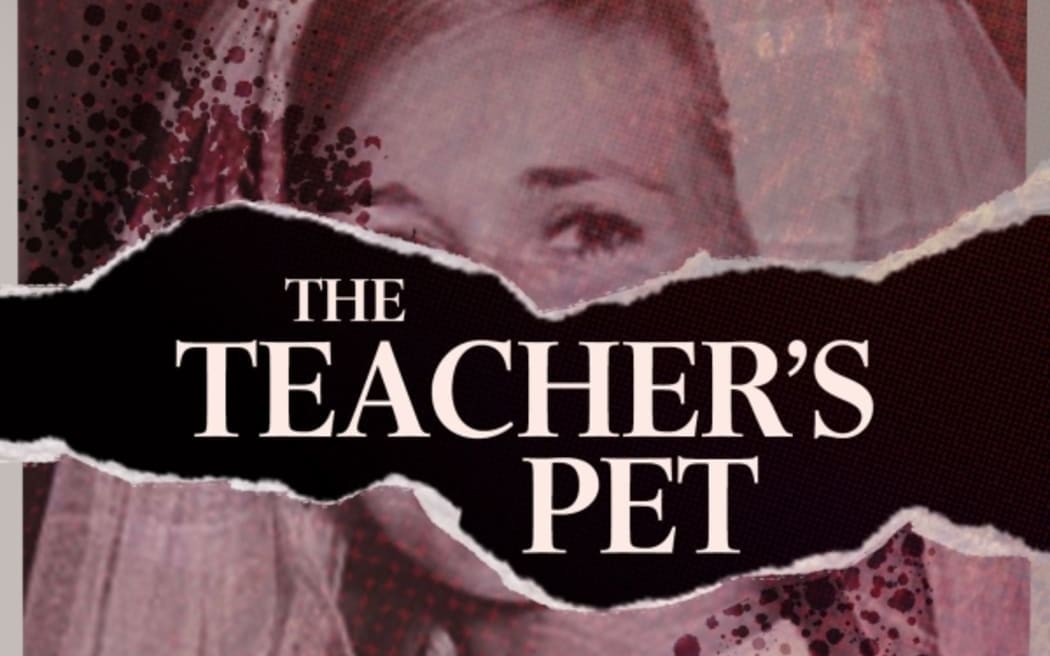A true crime podcast in Australia has managed to bring about a murder conviction in a 40-year old cold case, but media experts say people thinking of trying their hand with their own investigations should be careful of the weight that accusations carry.

The Teacher's Pet podcast. Photo: The Australian
Gory true crime series are the bread-and-butter of the podcast world - whole production houses have been built on our fascination with the morbid, macabre things humans are capable of doing to one another.
But a recent true crime podcast out of Australia has actually gone on to have substantial real-world effects.
The Teacher's Pet, hosted by veteran journalist Hedley Thomas and published by The Australian, examines the disappearance and presumed death of Lynette Dawson, a mother of two who disappeared in 1982.
The podcast explicitly cast suspicion on Chris Dawson, Lynette's husband, who had been having an affair with a teenage girl and former student of his.
A few months after the podcast was released, Australian authorities arrested Dawson and charged him with murder.
And earlier this year, he was found guilty.
As with many true crime podcasts, The Teacher's Pet gives a sense of contemporary movement, like you're listening to an investigation unfolding in real time.
But there are serious potential legal liabilities to publishing a podcast of this nature, and a huge amount of work that goes on in the background from journalists and media organisations to make sure they're protected from these risks.
"Clearly the podcast (The Teacher's Pet) had a significant impact on the case," says media lawyer Ali Romanos.
"In the judgement, the word podcast is referred to 54 times. Hedley Thomas himself was called to give evidence, his name appears 137 times in the judgement."
But Romanos says it could have also seriously hindered the case.

Ali Romanos is a barrister specialising in defamation. Photo: James Gilberd/Photospace
"There was a question at trial whether some of these witnesses, whether their evidence was flawed or infected or corrupted with their association with the podcast.
"One of the witnesses agreed that the podcast had caused her to think differently about Mr Dawson and to see him with a new suspicion," says Romanos, referring to the judge's almost 300-page judgement, which frowns upon the podcast's influence.
Dawson's murder trial was judge-alone, meaning there was no jury. It was thought that the case was so high-profile - helped by The Teacher's Pet podcast, which now boasts more than 30 million downloads worldwide - that no juror could come into the trial without some form of bias or predetermination.
Romanos says true crime podcasts can get the creators into some legal hot water. People involved in the cases could sue for defamation over damage done to their reputation, or for breach of privacy.
Romanos emphasises that Hedley Thomas is an experienced journalist, with the editorial and legal resources of a large media company to back him up.
"For anyone out there who's thinking 'I'd like to investigate this particular case and publish my own broadcast', there are serious risks in doing so."
RNZ executive producer of podcasts and series Tim Watkin tells The Detail about the legal considerations behind two RNZ podcasts: Gone Fishing, an investigation into the Larnach Road murders, and The Service, about a Cold War-era spy operation in Wellington.
"First and foremost, you have victims," Watkin says of Gone Fishing.
"In this case you've got two people who have been murdered, and you have their families. And so that always has to be forefront in your mind.
"But then what stems from that are legal considerations about the victim rights of those families. Then there's also the reputation of, in this case, Gail Maney, who was accused of something. She was regarded as a murderer. And the whole point of this podcast was 'was that a safe conviction?'"
Above all other considerations, Watkin says, is "accuracy, balance and fairness, which is the basis of any journalism".
Find out how to listen and subscribe to The Detail here.
You can also stay up-to-date by liking us on Facebook or following us on Twitter.

Photo:


